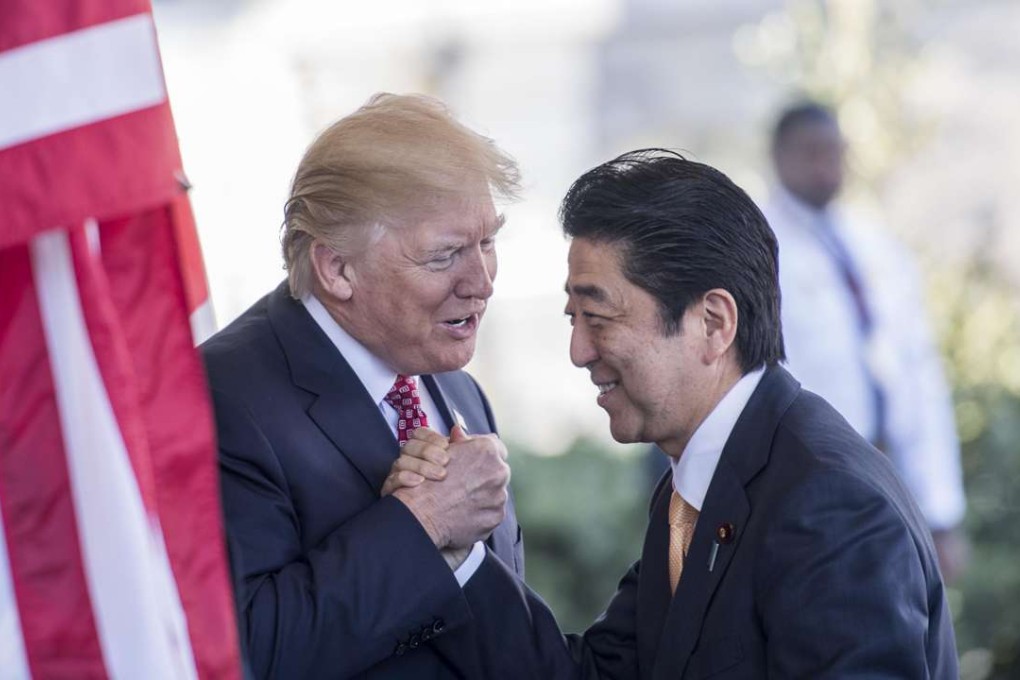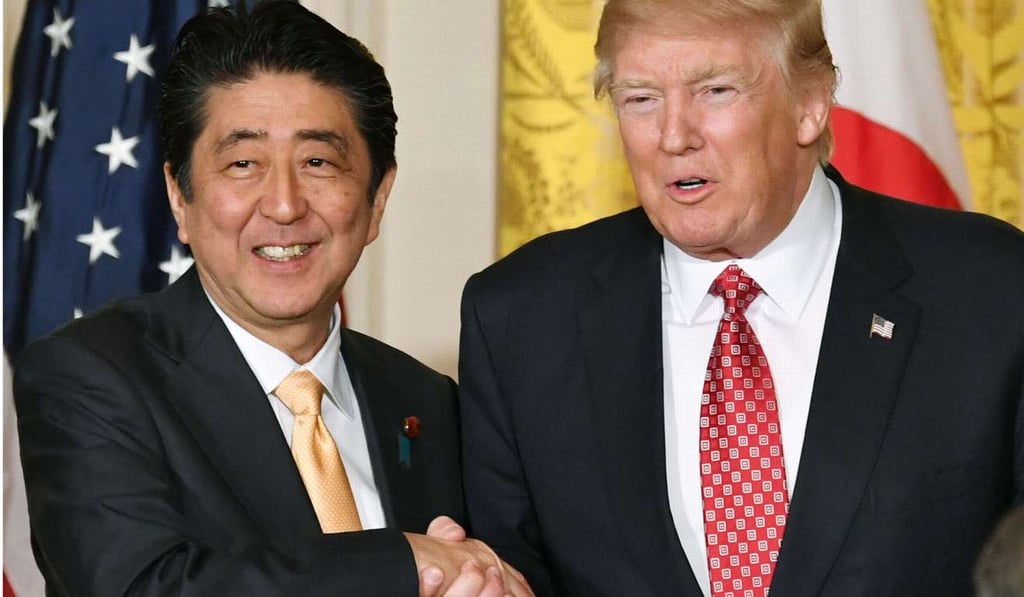Macroscope | An altogether softer tone by Trump bodes well for delicate future relations
The paths of China-US and Japan-US relations might not prove as bumpy as perhaps the markets first envisaged

If politics is the art of the possible, as the 19th century German statesman Otto von Bismarck once said, the financial markets may have to come to terms with the idea that, regardless of campaign rhetoric, US President Donald Trump may actually be able to foster good political and economic relations with both China and Japan.
Markets may have convinced themselves, based on Donald Trump’s fiery campaign trail rhetoric and comments made as President-elect, that there was every possibility that China and the United States would lock horns once Trump was inaugurated as US President on Jan 20.
Trump had even suggested that the one-China policy, which recognises that Taiwan is part of China, might be open to negotiation, a prospect that Beijing could not have countenanced.
Yet, after a telephone call between Trump and China’s President Xi Jinping last week, described by the White House as “extremely cordial” the US Administration’s press release said “President Trump agreed, at the request of President Xi, to honour our ‘One China’ policy”.
It’s worth noting the precise wording of that last quote.

